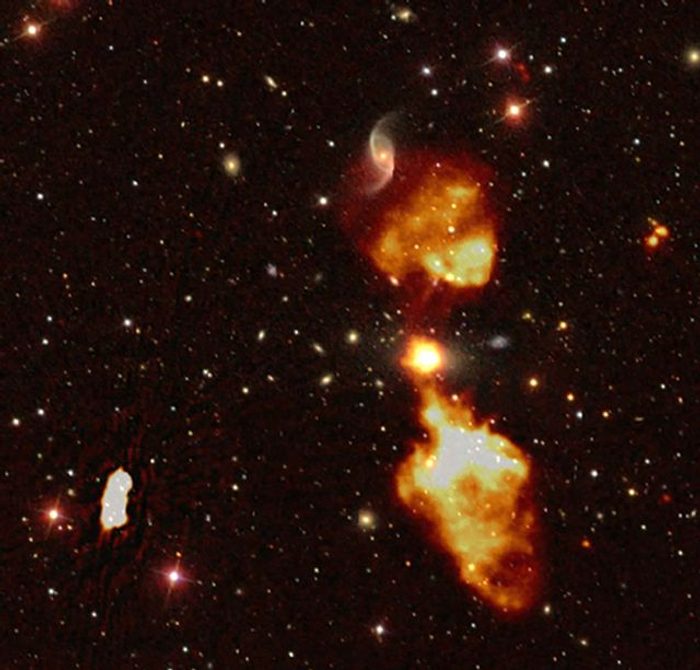|
Once widely available, will fusion energy be a big part of the solution to decarbonize the Earth atmosphere?
Once brain-machine interfaces will be easily implantable, allowing to extend someones’ memory or even consciousness, what will be the ethical impacts regarding this human augmentation? Can AI technologies be co-developed on a global scale so that everybody on Earth? More generally, what multilateral actions need to be put in place so that everybody on this planet benefits from upcoming scientific and technological breakthroughs? These questions regularly make the headline - just like in the selection of GESDA’s BestReads below, taken from the worldwide press.
These issues also are at the center of GESDA’s activities, for which the Geneva-based foundation is developing a proprietary decision-making tool that assesses the impact of future scientific advance along various timeframes (5, 10 and 25 years): the Breakthrough Radar. This scouting instrument, announced yesterday in a press release, will be officially disclosed in October at the first GESDA Anticipation Summit, at Campus Biotech, in Geneva. This event will also showcase the concrete solutions GESDA is developing to address the aforementioned challenges.
- Olivier Dessibourg
|











